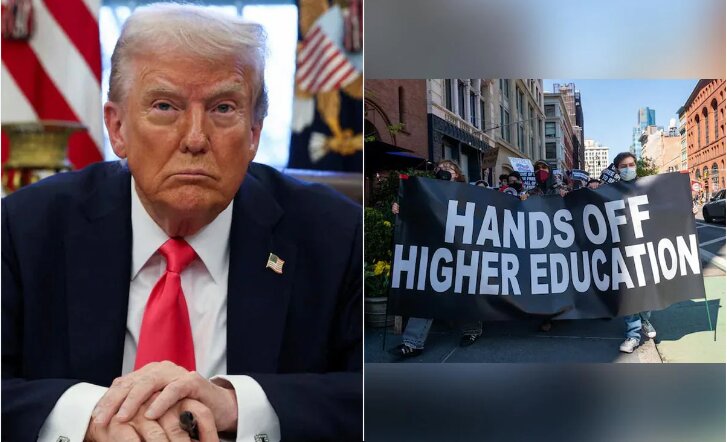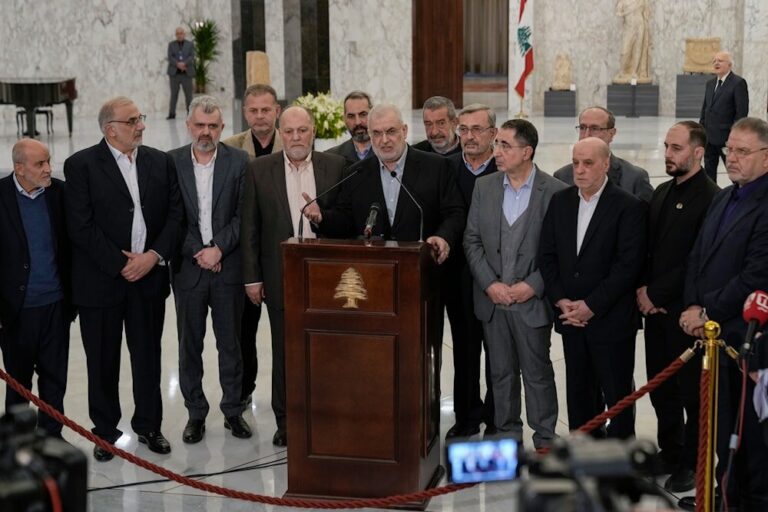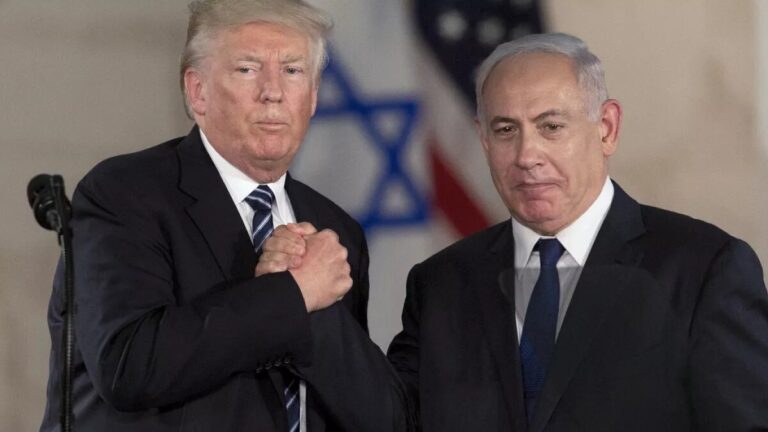Unpacking the White House’s Four Key Cognitive Missteps: A Deep Dive into Decision-Making Flaws
Recent developments in the ongoing tensions between the U.S. government and educational institutions like Harvard University have raised significant concerns. The U.S. government’s pressure on academic institutions has intensified, particularly following remarks made by Donald Trump regarding Harvard’s tax-exempt status. This situation highlights the broader implications of political bias and anti-Semitism accusations against universities after student protests supporting Palestine.
As the situation unfolds, several students have faced severe repercussions, including being barred from their studies and detained by federal authorities, with minimal coverage from Western media. Trump’s assertion that the next chapter of American history will exclude “Harvard University” reflects a concerning trend in American policymaking, characterized by cognitive errors that influence both rhetoric and actions.
To understand the nuances of this issue, several key components of the cognitive error among American policymakers must be examined:
- Persistent Hatred of the Zionist Regime: Trump and his allies, similar to Democrats, perceive the animosity toward the occupying Zionist regime as a transient sentiment related to the ongoing Gaza conflict. However, this sentiment is deeply rooted and transcends the immediate context of the Gaza war. The events in Palestine have only intensified this long-standing resentment, which is not solely dependent on the continuation or resolution of the conflict.
- Generational Shift in America: The younger generation in the United States is increasingly distancing itself from the dominant narratives propagated by the traditional political parties and influential lobbies. A December 2023 poll revealed that 51% of Americans aged 18–24 believe that the resolution to the Palestinian issue lies in the complete restoration of occupied land to its rightful owners. This shift in perspective has led to heightened tensions between Washington, Tel Aviv, and institutions like Harvard University, which have been discouraged from conducting similar polls over the past year and a half. The repressive actions against academic institutions reflect a growing desire among younger Americans to challenge the status quo regarding Zionism.
- Invalidation of the Fabricated Washington-Tel Aviv Narrative on Palestine: Even if Trump succeeds in erasing Harvard’s influence from American history or stripping citizenship from pro-Palestinian students, he cannot restore the credibility of the narrative promoted by Zionist interests regarding Palestine’s occupation. The reality is that American youth and students are increasingly focused on understanding the roots of the Gaza conflict, leading them to uncover the true story of Palestine’s struggles. As a result, the prevailing Western narrative has been effectively discredited in their eyes.
- The Post-Zionist Era and Transition to a New Global Order: Another significant cognitive error among American officials is their misunderstanding of the evolving global landscape. While the White House clings to the hope of reinstating a unipolar world order, a new multipolar reality is emerging. This transition is impacting not just narratives but also the broader political structures. Ignoring this reality will not prevent its inevitable establishment, a fact that many American supporters of the Zionist regime are yet to grasp.
The ramifications of these developments extend beyond the realm of academia and touch on broader societal and political issues. The reaction of educational institutions, particularly those with a significant history like Harvard, reflects a shifting paradigm in how younger generations view the Israeli-Palestinian conflict. The protests and movements supporting Palestine signify a growing awareness and a desire for a more equitable resolution to the ongoing crisis.
As these dynamics evolve, the implications for U.S. foreign policy and domestic discourse surrounding Israel and Palestine could be profound. The increasing visibility of student activism and the engagement of younger Americans in these discussions signal a potential shift toward a more critical examination of U.S. policies in the Middle East. The intersection of education, political activism, and public opinion will likely continue to shape the narrative around Palestine and the broader implications for U.S.-Israeli relations.
Ultimately, the actions taken by the U.S. government against institutions like Harvard University may have unintended consequences, galvanizing a generation that seeks to challenge the established norms and advocate for justice and equality in the context of the Palestinian struggle.
(Mohammad Mehdi Imanipour is the Head of the Islamic Culture and Relations Organization.)






